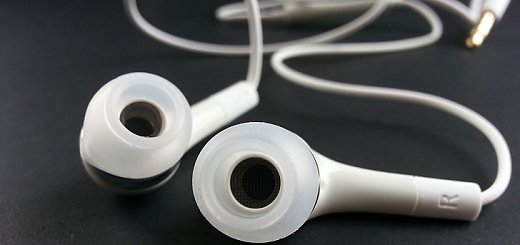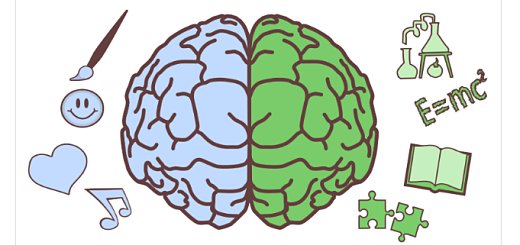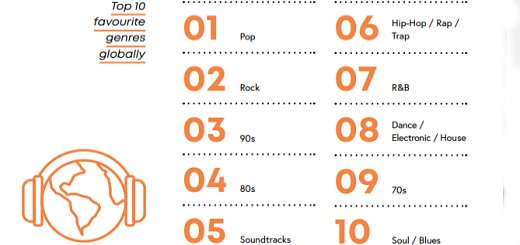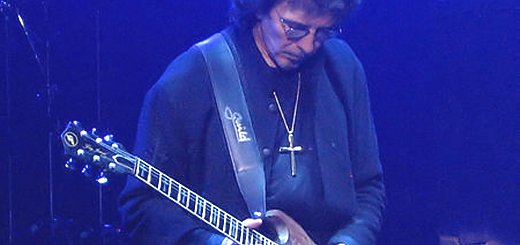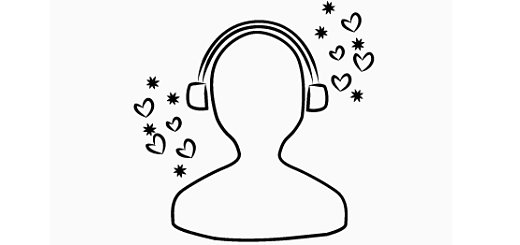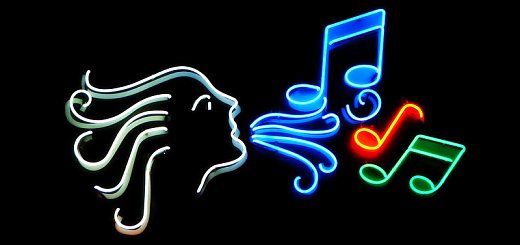Psychology: People like lyrics that relate to their attachment style in relationships

When it comes to musical tastes, people tend to favor songs with lyrics that correspond to their attachment style - researchers in the psychology department of the University of Toronto have found in a study that involved asking 570 people about their favourite songs. The participants were asked a series of questions about their relationship histories. The analysis of more than 7,000 songs revealed that people tended to like song lyrics that related to their attachment style in intimate relationships. This means most people tend to like songs that spell out what they are going through in a relationship. Vice reports about the study.
